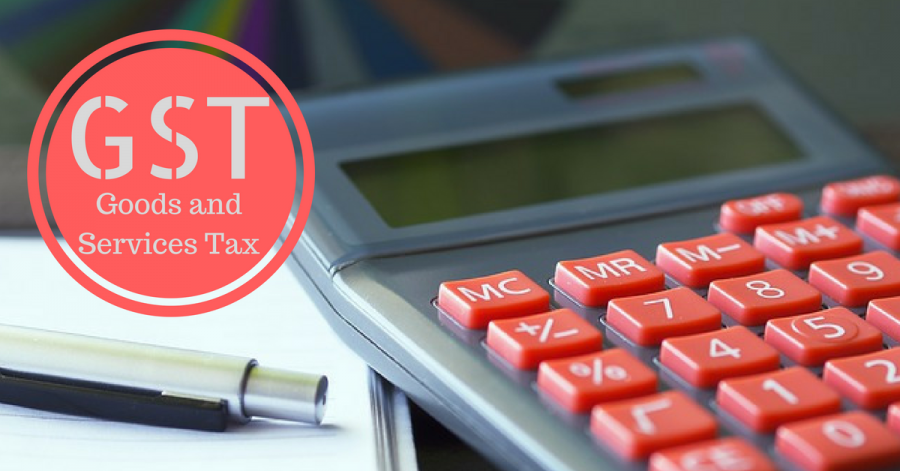Since the last few years, the Indian economy has seen several changes. After demonetisation, if there is one thing that created a lot of hype in the entire country, then that is the latest tax of GST. While there have been several positive and negative reviews for this tax, here is how it can affect small businesses.
With the introduction of Goods and Service Tax (GST), there has been a lot of buzz in India. Considered one of the biggest tax reforms in the annals of the Indian economy, the impact that it has brought along is quite inevitable.
So, if you are a small business owner, you must be wary of the effects that you may have to incur. Along with the changes in the tax regime, here is how you would have to cope- up with GST changes.
Final GST Slab:
Ranging from 0% to 28%, GST Tax is levied at different rates. The current GST structure has four tiers; 5%, 12%, 18%, and 28%. The essential items carry the lowest rates while the luxury and de-merit goods carry the highest rate. If you are selling services, you would have to incur a tax from 15% to 18%.
Who will gain benefits from GST?
All the businesses with pan-India would have to pay less cost because of one tax payment. On the other hand, those with retail businesses are more likely to avail benefits, thanks to the effortless movement of goods, modified supply chain, and improved logistics. Since there is going to be a decrease in the tax imposed on basic items and essentials; thus, retailers would gain more benefits from this.
Changes in the Tax structure:
Apart from all the benefits that GST is going to offer, one of the biggest advantages would be the removal of other unnecessary taxes. With GST in operation, all the taxes levied by the Central and State government no longer exist. The replaced taxes are:
- Service Tax
- Excise Duty
- CST
- VAT
- And more.
Making Business GST Ready:
To ensure that your business is ready to pay GST, you must ask yourself following questions:
- Have you recorded all the business transactions?
- Do your business transactions records contain 100% data, including debit notes, credit notes, schemes, purchase/sales returns, and more?
- Do you have all the adequate information of your B2B customers and suppliers?
GST Payment:
To pay GST, you would have to register for it first. Once you are done with the GST registration online, you can then start with return filing via GSTN (Goods and Services Tax Network). The tax gets calculated after considering your sales bills liability. Once the amount is automatically adjusted, you can then pay the tax online.
So, these are some of the things that you must know if you are a small business owner. To save yourself from further complications, review your entire business again and amend the faults if any.

